As part of ongoing efforts to promote destinations committed to environmental, social and economic sustainability in Sri Lanka, the Sri Lanka Tourism Development Authority (SLTDA), in partnership with the United Nations Development Programme (UNDP) in Sri Lanka, recognized 100 small and medium enterprises (SMEs) under the National Sustainable Tourism Certification (NSTC) scheme today.
The NSTCS is aligned with the Global Sustainable Tourism Council (GSTC) standards and has expanded in recent years to support SMEs in embedding sustainability in Sri Lanka’s tourism industry, a sector that employs thousands and contributes over 50 per cent of the country’s GDP.
The ceremony was attended by Vijitha Herath, Minister of Foreign Affairs, Foreign Employment and Tourism; Ruwan Ranasinghe, Deputy Minister of Tourism; K.R. Uduwawala, Secretary, Ministry of Environment; Aruni Ranaraja, Secretary, Ministry of Foreign Affairs, Foreign Employment and Tourism; Dr. R.D.S. Jayatunga, Additional Secretary, Ministry of Environment; S.L Naseer, Additional Secretary (Development), Tourism Section, Ministry of Foreign Affairs, Foreign Employment and Tourism; Buddika Hewawasam, Chairman of SLTDA; Malkanthi Rajapaksha, Director General, SLTDA; P.U.Rathanayake Deputy Director General, SLTDA; Lisa Whanstall, Deputy High Commissioner, British High Commission in Colombo; Ms. Azusa Kubota, Resident Representative, UNDP in Sri Lanka and representatives from government agencies, development partners, and the private sector.
Buddika Hewawasam, Chairman of SLTDA, commented on the certification scheme, noting, “As the country navigates its path to economic recovery, initiatives like the NSTC demonstrate the potential of nature-positive investments to generate livelihoods, empower underrepresented groups, and preserve Sri Lanka’s rich biodiversity. With continued collaboration among public, private and development partners, Sri Lanka is well-positioned to become a global model for sustainable tourism.”
Since 2018, UNDP’s Biodiversity Finance Initiative (BIOFIN), globally supported by the Governments of Germany, France, the UK, Switzerland and the European Union, has worked with SLTDA to roll out the NSTCS for accommodation providers, destinations, and now SMEs. In 2023, the programme expanded to help local SMEs meet sustainable standards and unlock new market opportunities, with special attention to women entrepreneurs.
Crucially, this year’s certifications reflect efforts to bridge gender gaps: of the first 100 certified SMEs, 27 are women-owned, five times higher than the sector’s average. This milestone supports Sri Lanka’s commitments under the Kunming-Montreal Global Biodiversity Framework and the Paris Agreement.
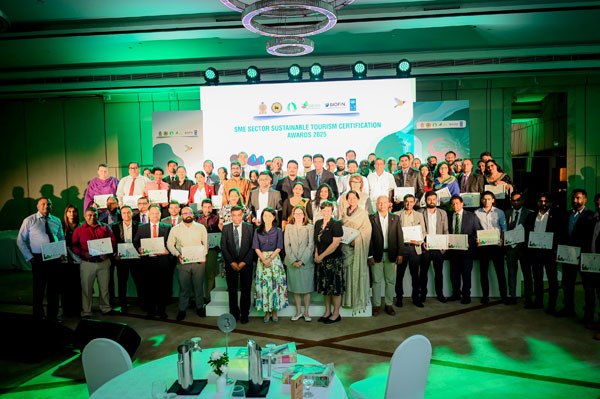
Speaking on the importance of sustainable tourism, Azusa Kubota, Resident Representative, UNDP in Sri Lanka, noted, “To position Sri Lanka as a truly sustainable and resilient tourism destination, government ministries, local communities, private sector, and development partners must come together to shape and implement cohesive strategies. By actively engaging youth and marginalized groups, promoting responsible tourism, and empowering small and medium-sized enterprises, we can ensure that the benefits of tourism are shared fairly and contribute to inclusive, people-centered growth.”
As the wellness tourism market grows globally, projected to reach over USD 1 trillion by 2025, Sri Lanka is well-positioned to tap into this potential by leveraging its biodiversity, Ayurveda heritage and rich cultural assets. By encouraging tourism businesses to adopt responsible and future-ready practices, the scheme supports income generation, skilled employment, and biodiversity conservation, while preserving Sri Lanka’s unique cultural heritage.
As international demand grows for authentic and eco-conscious travel experiences, Sri Lanka stands ready to offer a model of how tourism can thrive in harmony with people and the planet.
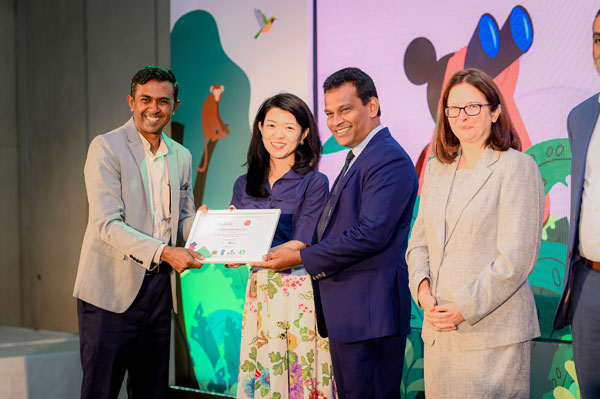
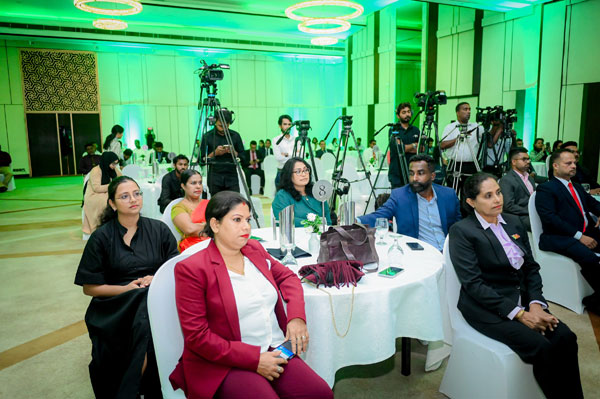
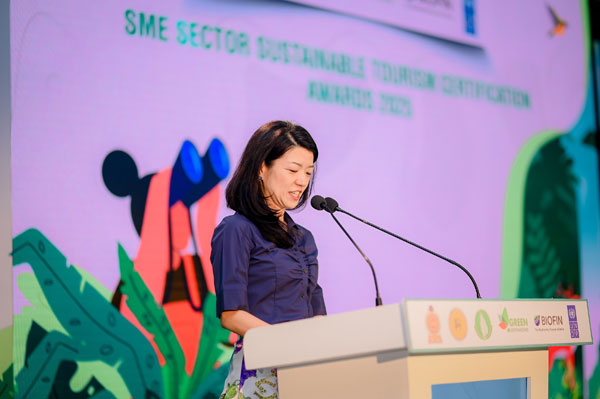
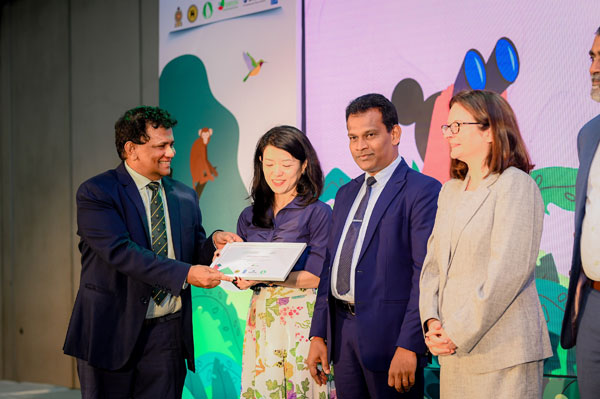
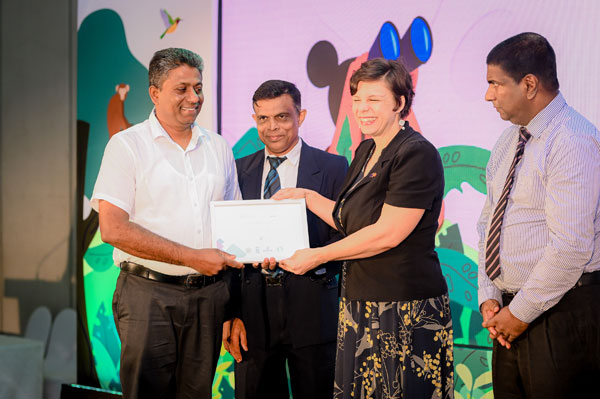
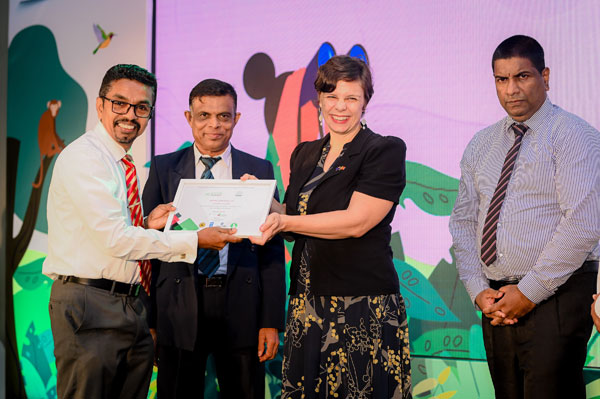
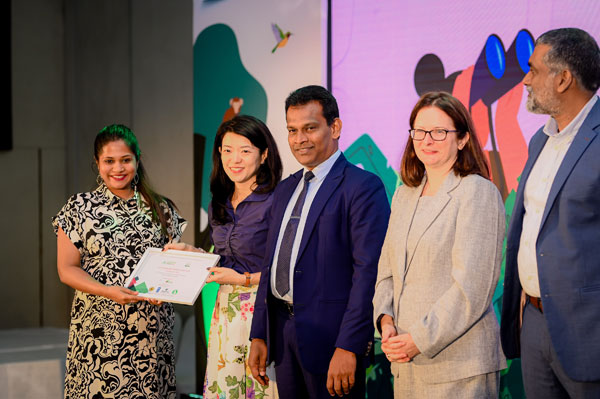
Leave Comments